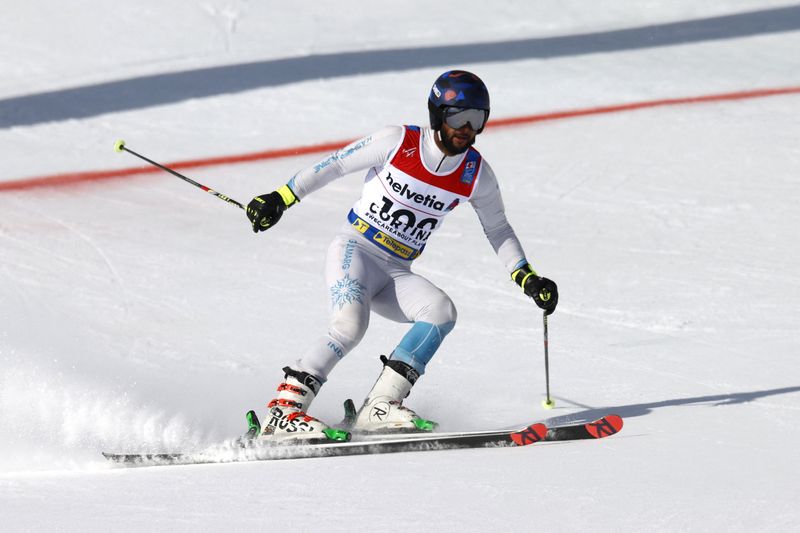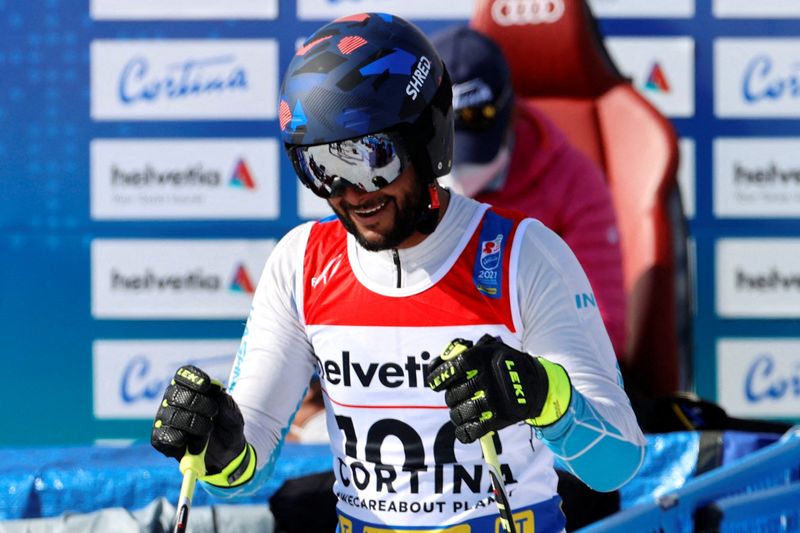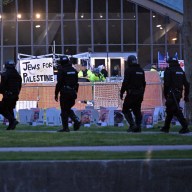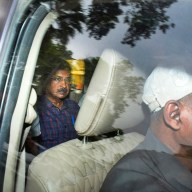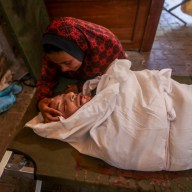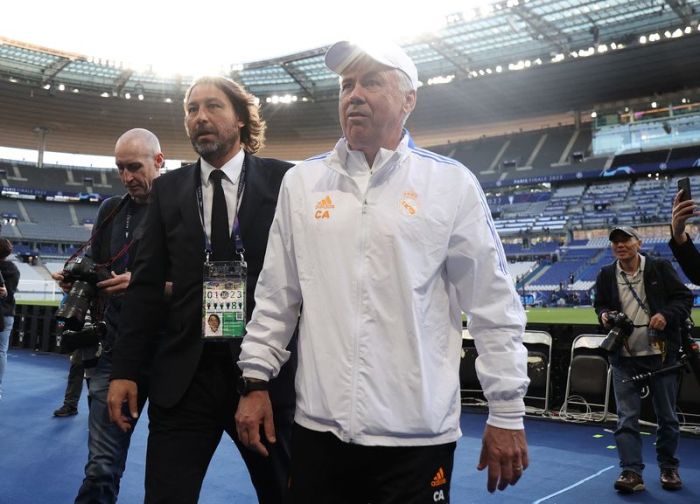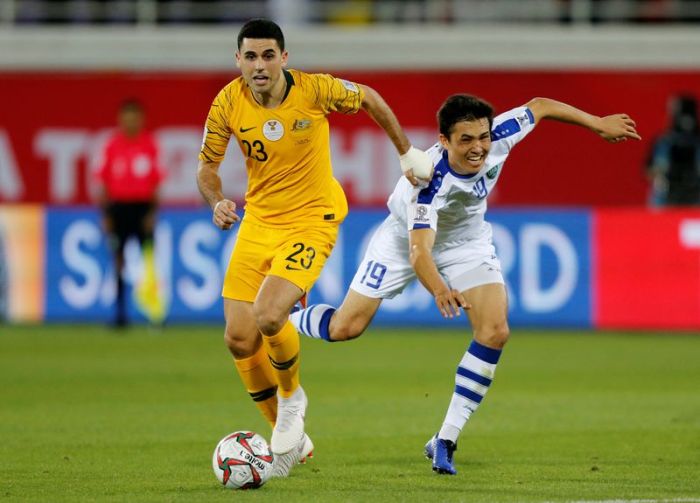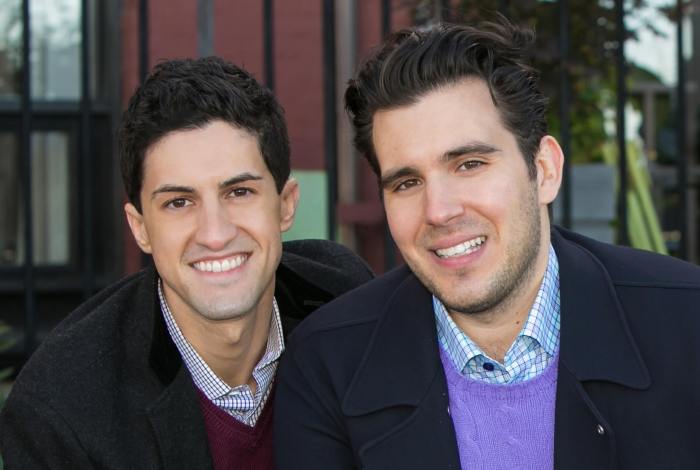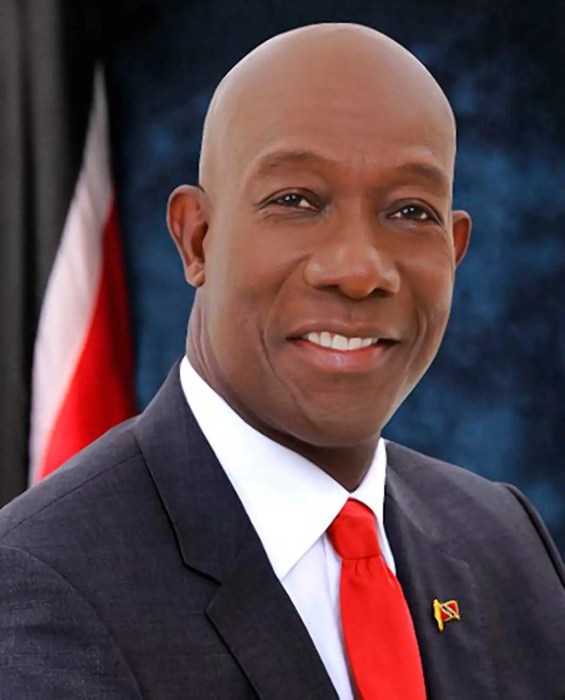BENGALURU (Reuters) – When India’s Arif Khan steps into the Beijing National Stadium for the opening ceremony at next month’s Winter Olympics it will mark the culmination of a journey over a decade in the making.
Khan, who has qualified in slalom and giant slalom, is India’s sole representative at the Games and his path to the Olympics from the snowy slopes of conflict-ridden Kashmir was far from straightforward.
“It’s going to be a big responsibility, being one in a billion and carrying the flag,” the 31-year-old Khan told Reuters in an interview. “That will be an inspirational moment.”
Khan was introduced to skiing at the age of four by his father and turned professional 14 years ago at 18. He has represented India in 127 international events, competing mainly in Europe on a shoestring budget.
“(In India) this sport is not that popular,” he said. You don’t get financially supported. That’s the biggest challenge.
“If you’re training for world-level events … you require at least 110,000 euros ($124,740) a season. If you’re training just for the Olympics, you require about 75,000 euros.
“That’s the budget. If you don’t have this budget, you’re not going to reach anywhere.”
Those figures represent a significant hurdle for an athlete from a country where the minimum daily wage is about 176 Indian rupees ($2.37).
Khan’s career has been funded mainly by his family. His father has operated a tour company and ski equipment shop in Gulmarg, Kashmir since the 1980s.
“Whatever we used to earn, we (set aside) part of it for my training,” Khan added. “Our major income depends on tourism.
“If there’s a good year of tourism, it can help me to train and travel for races for three to four months.”
KASHMIR CONFLICT
But life in Kashmir is unpredictable.
Khan’s Himalayan home is at the centre of a long-running conflict between India and neighbouring Pakistan, with curfews, lockdowns and other restrictions commonplace even before COVID-19 complicated things further.
In the build-up to the 2018 Games, unrest in Kashmir led to tourism drying up, forcing Khan to turn to crowdfunding in a desperate, but ultimately unsuccessful, attempt to keep competing.
“There was no tourism. We had no support from anywhere,” he said. “That was one of the reasons I needed to come up with crowdfunding, but … it didn’t turn out to be much.
“Without funding, I couldn’t reach my training, I couldn’t catch up with the races.
“I managed four results (to qualify for the Games) and I needed five. The fifth one, I fell short. If there was time, money … it could have been done.”
This time around, Khan is supported by Indian conglomerate JSW Group’s sports arm, JSW Sports, which is covering 40% of his costs. The Jammu and Kashmir government is covering 10%, he said, and he is paying the rest himself.
Khan sealed his Olympic berth in slalom in Dubai in November and qualified for giant slalom with a 14th-placed finish in Montenegro in December.
His target is to qualify in the top 30 of both events in Beijing.
Even love took a backseat the past year, with Khan postponing his wedding to focus on qualifying.
“It was up and down whether I should choose the Olympics first or get married first,” he said. “I went and spoke to (my fiancee) and she said okay.
“The families were pointing their eyes towards us … like ‘What are you guys doing delaying and postponing by one more year?’ We said I have to focus on my training and I don’t want to be distracted by anything.
“She’s happy. She supports me.”
($1 = 0.8818 euros)
($1 = 74.3827 Indian rupees)
(Reporting by Simon Jennings in Bengaluru; Editing by Ken Ferris)

